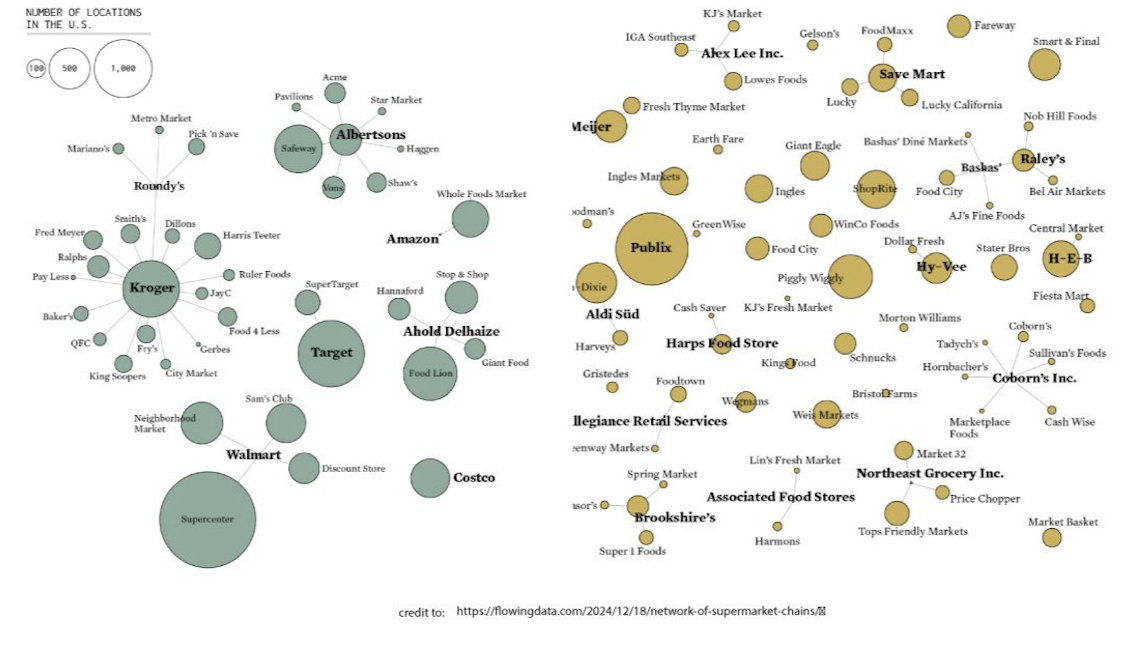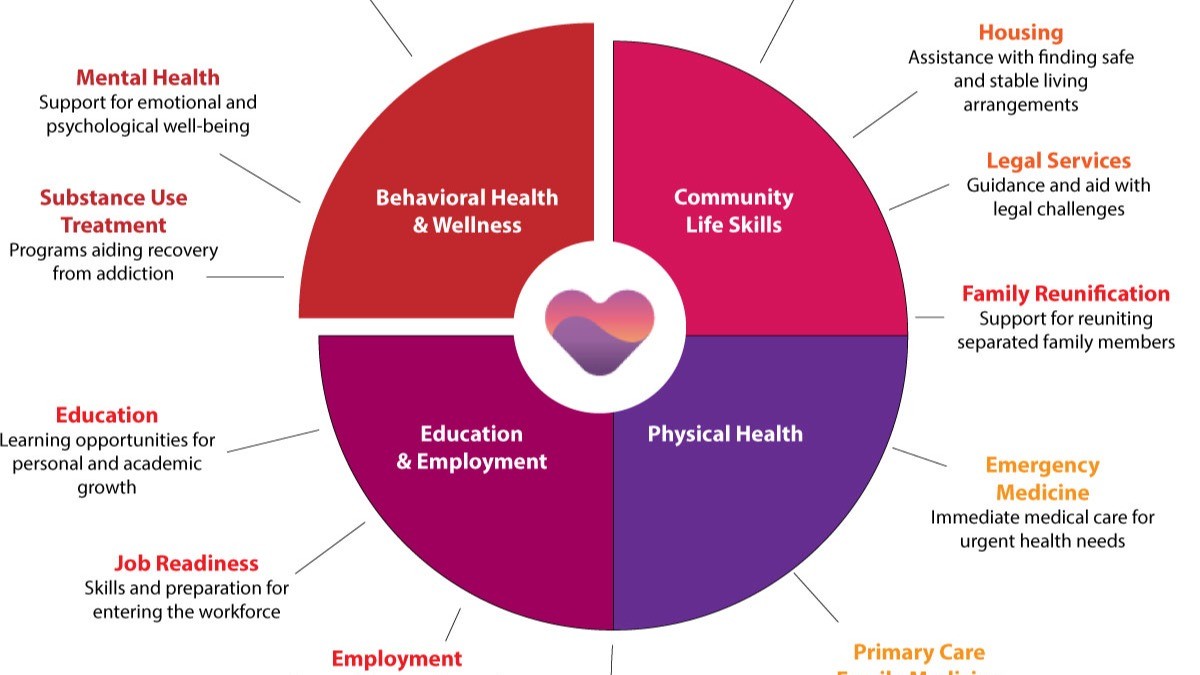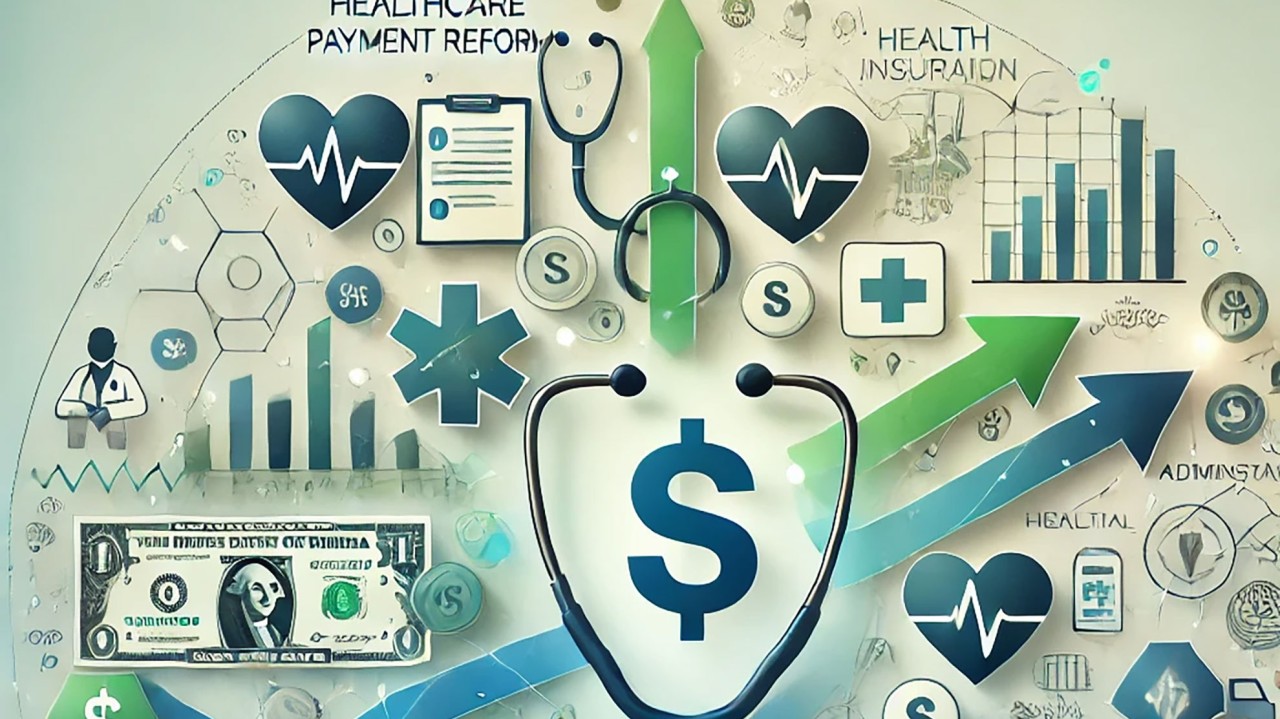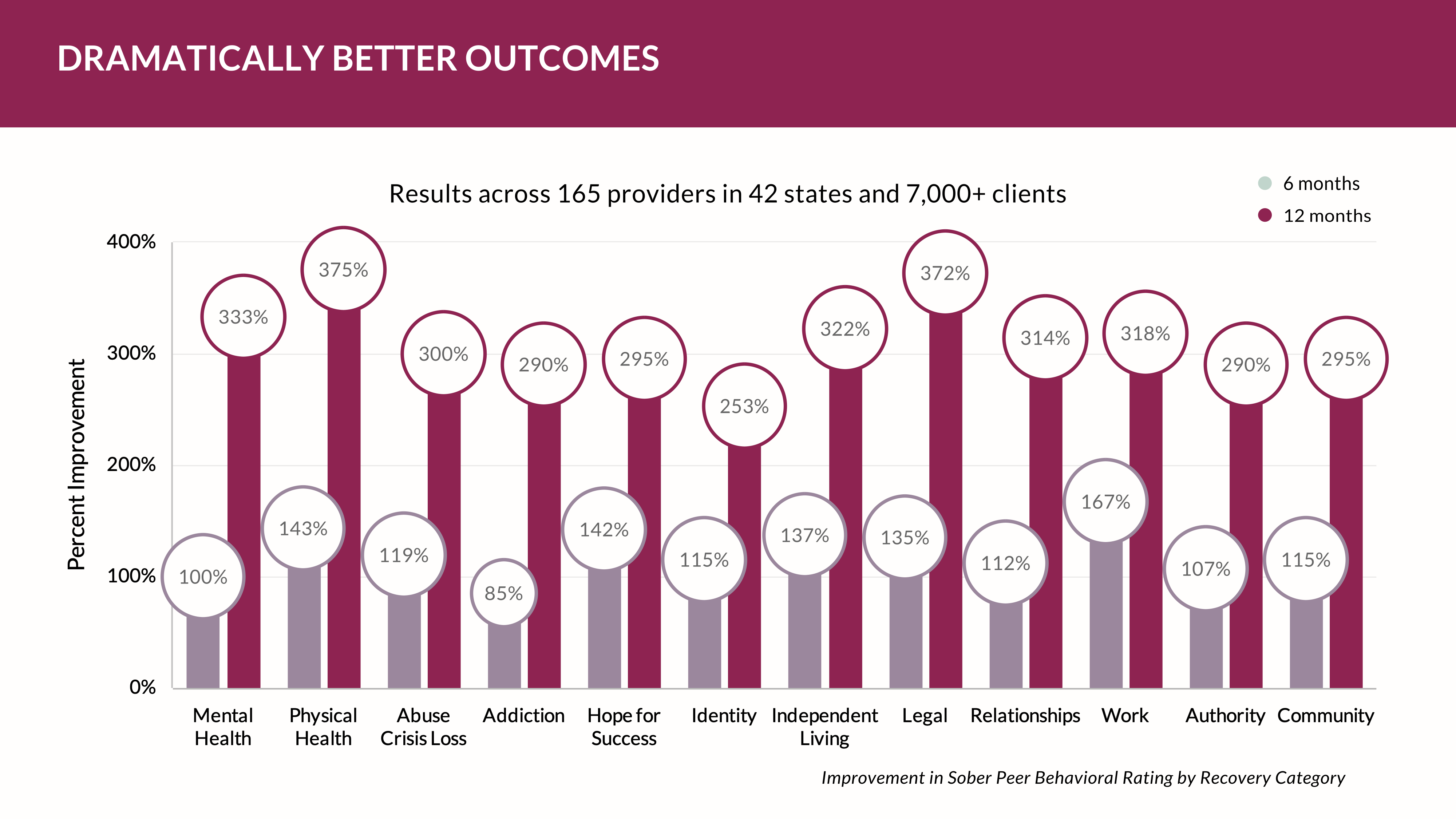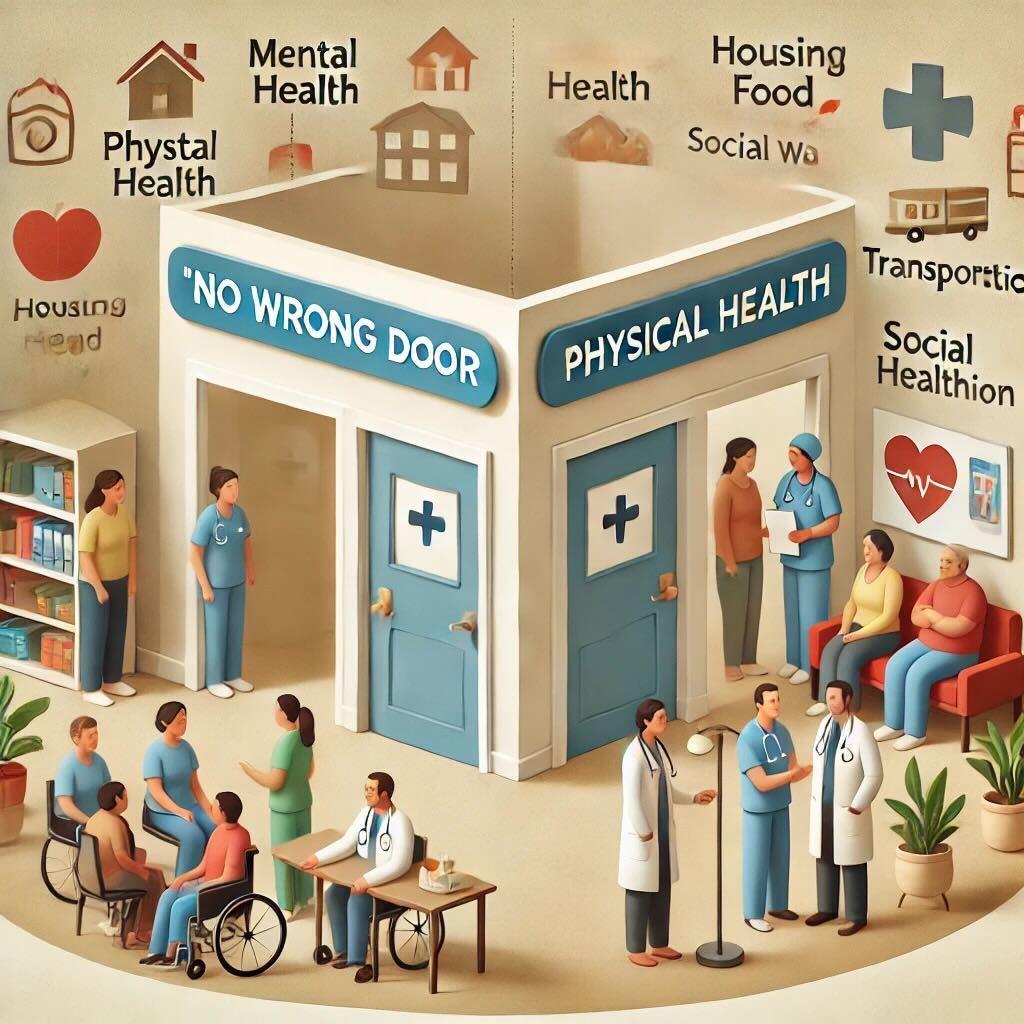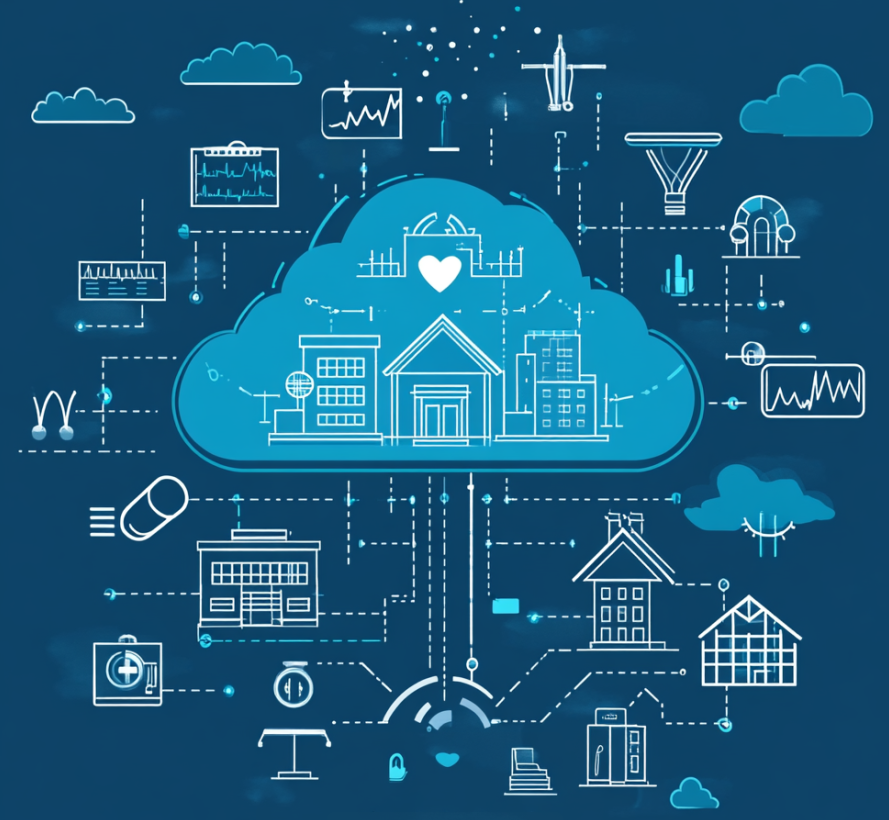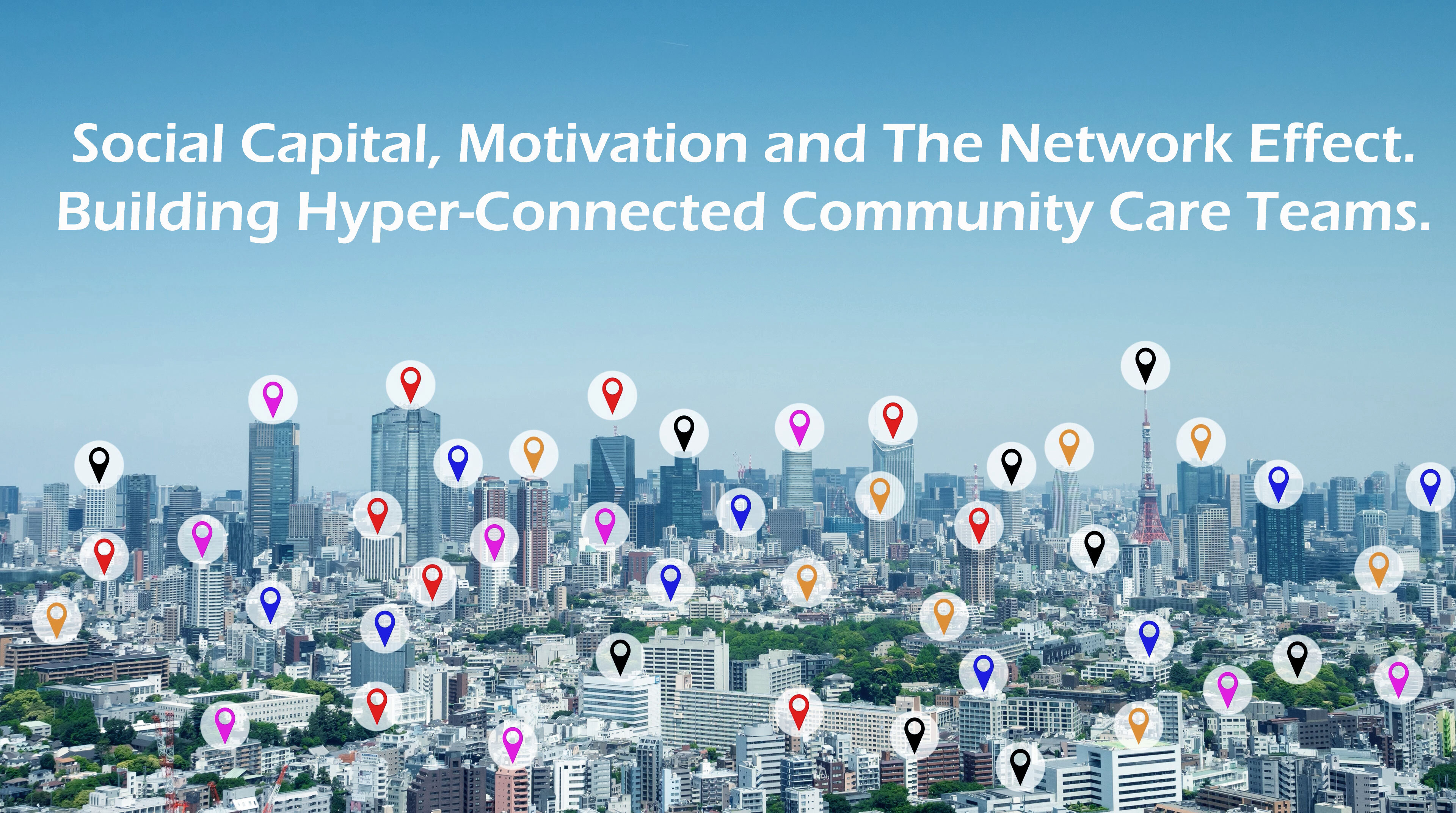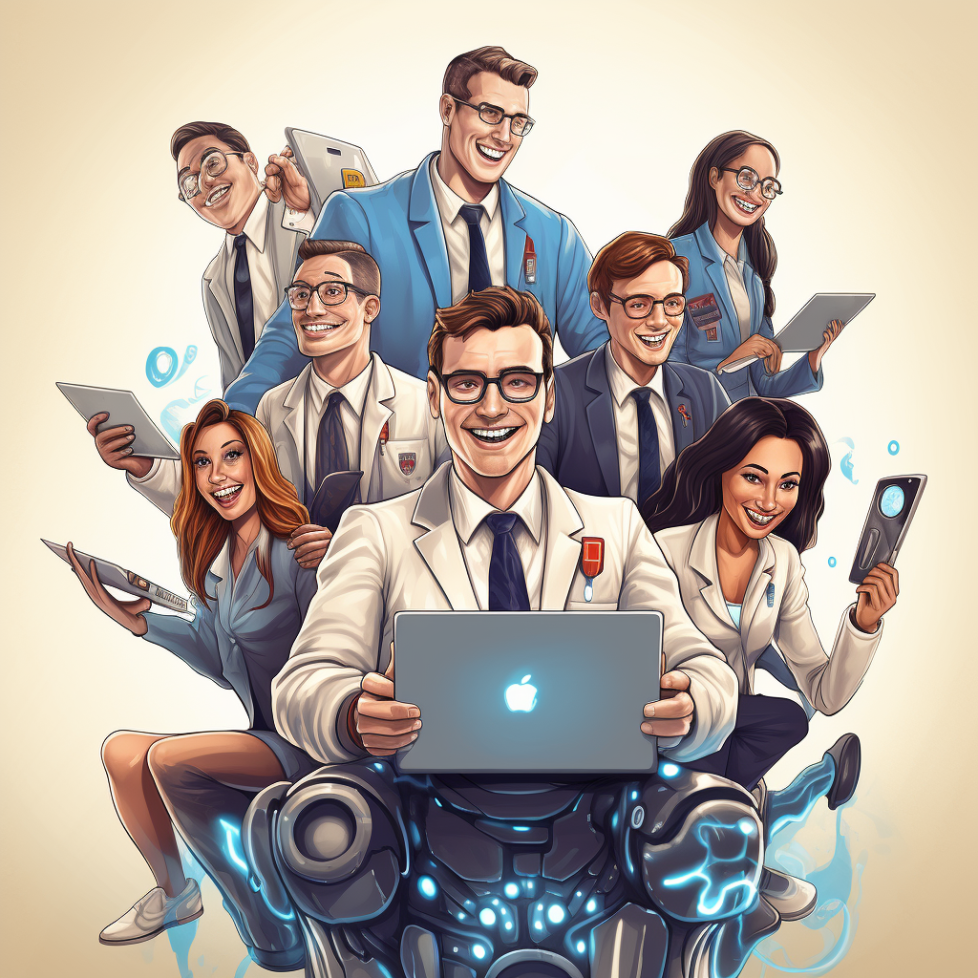Published Date:
Feb 28, 2023
Patient-Centered Care
AI
We asked patients one million questions last year. This is what we learned.
The article highlights insights gained from asking patients one million questions over the course of a year, including the importance of patient-centered care, the value of listening to patients' perspectives, and the need for healthcare providers to tailor their approaches to individual patients' needs and preferences. The data collected through this extensive survey can help inform efforts to improve patient experiences and outcomes.
What do you suppose happens if you hand a patient a smart phone or an iPad and ask them to start talking about their health? We quickly found out for ourselves; patients started feeding their healthcare record an incredible amount of articulated data. And, they overwhelmingly felt empowered in doing so. All this, is without the direct involvement of the healthcare staff where the data collection cost was a few pennies per day.
The Physical, Phygital and the Digital
We’re witnessing the reconfiguration of the social, physical and digital presence of the healthcare workflow and how it is rethinking the core components of value; cost, quality of care, and risk mitigation.
Modern health clouds allow providers to wrap their current electronic healthcare recording keeping systems with applications that gather, interpret and feed them valuable continuing care data from their patient communities. Those communities can be augmented with AI, summarized and accessed with SIRI and ALEXA-like assistants without the need for the over-burdened staff to manually query their traditional systems which could realize a savings of up to 50% of care delivery costs. Just ask your app any question and you get what you want — in the form and fashion that is the most insightful and convenient for the on-the-go clinician.
“Patients most often say it’s the first time they felt that they were allowed to weigh in on their own care.”
For example, I recently experienced this digital emphasis in the European market while spending some time there studying its digital health development initiatives. Digital health there is a national strategic priority with direct funding to EU block countries. European healthcare offers a good example of the Phygital with the development of the “digital ward”. The digital ward is an extension of the physical acute care process where the provider offers digital equipment to the patient upon leaving the physical care facility. That care bridge can contain any number of diagnostic edge devices that feed data back to the provider. Once the patient moves on a regular lifestyle that digital ward equipment transitions to a lighter digital footprint like a wearable or a smart phone where data collection could continue providing a longitudinal history of health patterns.
Smartphones enable healthcare.
Most smartphone users have used their device to gather health-related information. A Pew Research Center study cited that number at 62%, making mHealth a more common smartphone activity than online banking (57%), job searches (42%) or accessing school work or educational content (30%).
90% of physicians already use smartphones at work, where they use it to access electronic health records, communicate with their team, reference information, or manage their schedule. New apps and services make it increasingly possible to use smartphones as a valuable clinical tool that frees up time to spend with patients. Augmented intelligence has significantly advanced clinical intelligence as the growth of data volume is now at 36% compounded annual growth rate.
Two-thirds of the largest US hospitals offer mobile health apps. While at first glance this sounds impressive, the consulting firm Accenture finds that proprietary patient-centered apps originated from Health Cloud integration have the potential to better align functionality with patient needs.
Patient engagement is often mobile
43% of millennials prefer to access patient portals from their smartphone. Based on a 2014 Xerox study, this number is surely higher in 2023. Experts hope mobile access might boost actual portal use, which lingers between 15 and 30% despite nearly 90% of providers offering patient portals.
74% of patients say using wearables and other mHealth tools helps them cope with and manage their conditions, according to the Boston Technology Corporation.
Digital Health creates value and revenue — and competition
Micheal E. Porter, the Harvard professor and founder of the modern strategy field on management, predicted in 2013 that within 10 years healthcare such technologies would providers evolve into “a value-based competition” model enabled by these future digitally-led practices.
He continued to predict that there would emerge eight “imperatives for providers”:
· A redefinition of the business around medical conditions
· Choose the range and types of services provided
· Organization around medically integrated practices
· Create distinctive strategies in each practice unit
· Measurement of results, methods and patient attributes
· Move to single bills and new approaches to pricing
· Market services based on excellence, uniqueness and results
· Growth locally and geographically by areas of strength
Overall, the past year's worth of questions and data have greatly enhanced our ability to assist clients struggling with mental health and substance use disorders. By adopting new technologies and utilizing data-driven approaches, we have been able to improve the effectiveness of our treatment programs and provide better support to our clients.
Other Blogs
The Plan No One Sees Coming—But Soon Will
Exclusive
Mental Health
Addiction
Drugs

Ant Pheromone Study May Improve Mental Health Outcomes
Exclusive
Mental Health
Addiction
Drugs
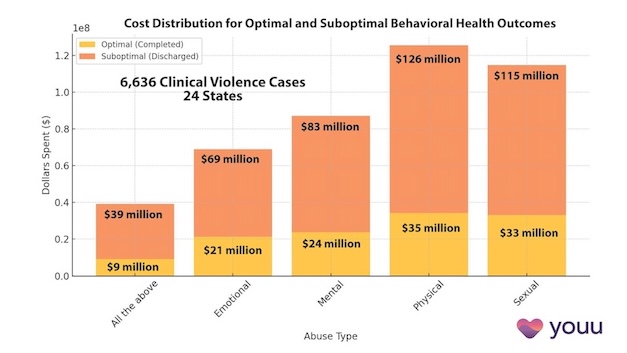
Interrupting Violence Should Be Irresistibly Investable
Exclusive
Mental Health
Addiction
Drugs
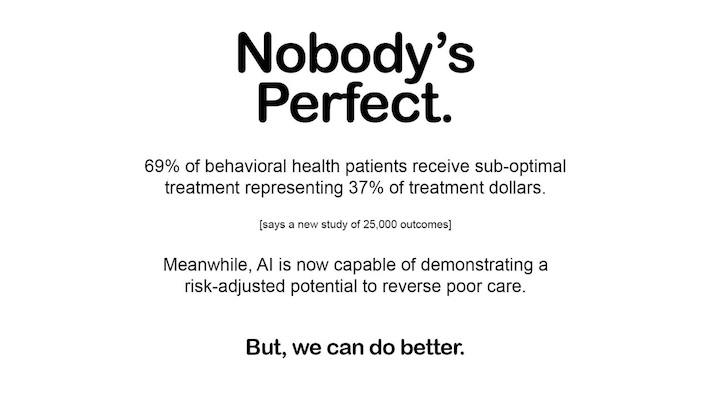
69% of Behavioral Health Patients Receive Sub-Optimal Care According to a New Analysis
Exclusive
Mental Health
Addiction
Drugs
Other Blogs
Have Questions? Lets Meet
Select a time you like to meet with us
